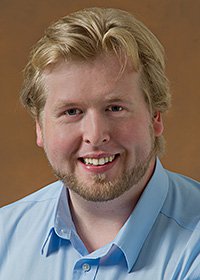


I have the enormous privilege to work at the only institution on earth with a working rover on another planet: NASAs Jet Propulsion Laboratory in Pasadena.
I am intrigued by making sense out of vast amounts of data and the best way to do that is machine learning. Hence my research focuses on developing new statistical learning algorithms and on their application in computer vision, computational pathology and robotics. As a research scientist in JPLs robotics group I naturally hope that these techniques will make the next generation of autonomous spacecrafts even smarter and their scientific insights even more thrilling.
In addition I have a visitor appointment at the California Institute of Technology where I occasionally give guest lectures and organize the Machine Learning Seminar.
My postdoctoral research was focused on Approximate Bayesian Computation and its application in Martian terrain classification, likelihood-free parameter estimation and medical imaging. This work was conducted at the Computational Vision lab of Pietro Perona at Caltech and the Surface System Perception group of Larry Matthies at JPL.
In 2010 I received my PhD (Dr.Sc.) from ETH Zurich for my work in the Machine Learning Laboratory of Joachim Buhmann. During this time I was also a member of the CC-SPMD.
I received my MSc degree (Dipl.-Ing.) from TU Graz where I majored in technical mathematics with a minor in computer science. Most of the work for my master thesis on Bayesian networks was conducted at SCR in Princeton.
Ph.D. in Computer Science
ETH Zurich, Switzerland, 2010
M.S. in Technical Mathematics
TU Graz, Austria, 2005
List of publications: Google Scholar profile
Projects, Patents, etc.: Caltech Page
Current research interests include the following: